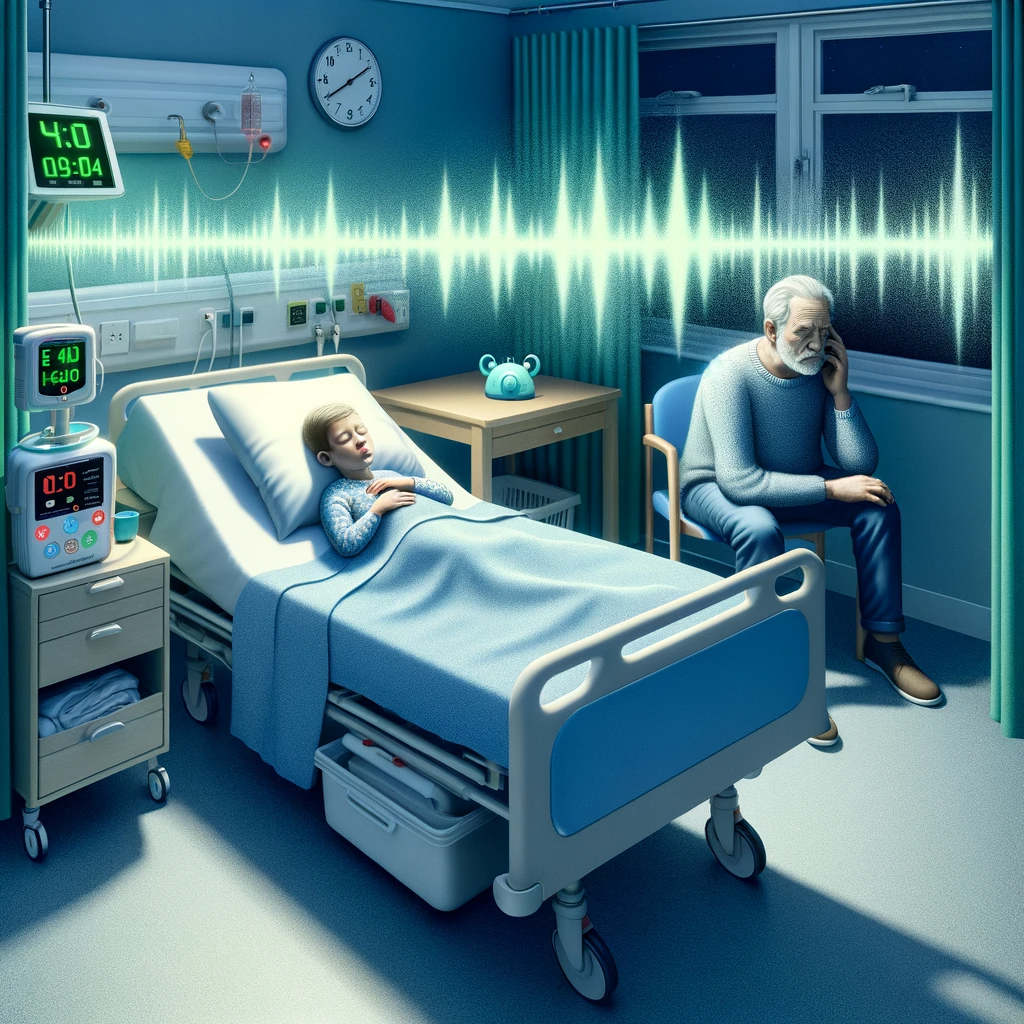
Walking through a paediatric ward, you’ll find rooms filled with more than just medical equipment and professionals. You’ll find parents keeping vigilant watch over their child, providing comfort, and often playing an unexpected role: that of a secondary alarm monitor.
Parents are naturally attuned to every noise and every change in their child’s condition, and they often become the first to notice when a medical device alarm goes off. Recognising this heightened vigilance, it’s not uncommon for some nursing staff to unintentionally start relying on parents as an additional layer of alert for these alarms.
However, such a dependence, albeit unintentional, carries significant risks.
Parents are human. They need meals, showers, and brief respites from the stressful hospital environment. When they step out of the room — even momentarily — their ‘secondary monitoring’ disappears, creating a potential void in timely alarm responses. The study, “Delayed Recognition of Deterioration of Patients in General Wards Is Mostly Caused by Human Related Monitoring Failures“, underscores the dire consequences of such delays.
The unspoken expectation for parents to serve as alarm monitors adds to their already high stress levels. They are torn between their need for self-care and the fear that stepping away might jeopardise their child’s safety.
The inadvertent reliance on parents can stem from ‘alarm fatigue’ experienced by healthcare professionals. As highlighted in the research “Alarm Fatigue: A Patient Safety Concern” by Sendelbach & Funk, professionals can sometimes become desensitised due to the overwhelming number of alarms. However, offsetting this responsibility onto parents isn’t the solution.
Hospitals must proactively address this issue by:
The wellbeing and safety of a child should never inadvertently become the responsibility of the parent due to systemic oversights. Paediatric care units need to ensure that their alarm response systems are robust and that parents can trust the professionals to take care of their children, even when they’re not in the room.
Find out more about the risks and challenges associated with medical device alarms and their implications in paediatric care by visiting contacting us and talking with our specialists.